The “One Malaysia” plan has been growing over the past six months, including the “One Malaysia F1 team” and the “One Malaysia camp”. It is believed that Prime Minister Datuk Seri Najib Tun Razak is going to introduce more “One Malaysia” concept-based projects.
Najib has been in the office for six months. The government's efficiency has been improving over the past few months and some liberalisation measures have been introduced. However, some improvements are still needed.
On the economic front, Najib has introduced two economic revitalisation packages worth RM67 billion, repealed the 30% Bumiputra equity requirement for Malaysian companies seeking public listing and launched major projects, including LRT route extension, inter-state water supply plan and low-cost airline terminal, since he has taken over the Finance Minister position. Najib has got rid from former Prime Minister Tun Abdullah Ahmad Badawi's cautious approach to stop large-scale projects. Just like former Tun Dr Mahathir Mohamad, Najib hoped to stimulate the economy through spending. Political problems could be easily resolved after the economic recovery.
However, such financial measures brought a deficit. This year's deficit is forecast to increase to 7.6% of gross domestic product (GDP), which is the highest over the past 12 years. Najib is going to announce the Budget on 23 Oct. As the total revenue of the state treasury is going to reduce by RM18 billion, how is Najib going to continue such an economy strategy? How is the country become a high-income country as various sectors are still relying on foreign workers?
We can only pray that the world economy is going to recover more quickly. Otherwise, the export-dependent economy will fall into another slump next year.
Politically, Najib has not yet made any major change. He is unable to solve the “political chaos” phenomenon, too. Other than the political situation in Perak, some BN member parties are facing with power struggles. MIC President Datuk S. Samy Vellu is unwilling to step down while more new Indian political parties are formed. It may help to both increase and reduce Indian votes.
UMNO's reform is limited to the abolition of the party's nomination quota system. Time is running out for Najib to consolidate politics.
Over the past six months, the government has been lack of a firm anti-corruption attitude. They have failed to bring a breakthrough to the investigation on the Port Klang Free Zone (PKFZ) scandal. The 2009 International Corruption Perceptions Index (ICP) will be announced soon. Malaysia cannot expect for much progress.
Najib has announced the country's six key areas on his 100th day in office. These areas included crime prevention, combating corruption and improving access to quality education, people's quality of life, rural infrastructure and upgrading public transportation. However, no significant improvement in these areas has been seen so far. Meanwhile, the effectiveness of Key Performance Indicator (KPI) is as well yet to be proven.
In order to improve the overall performance of the country, other than infrastructural development, Najib should as well enhance the people's competitiveness (human capital that used to be stressed by Abdullah). The country shows regression or remain static in many international rankings. For example, Malaysia dropped from 25 to 33 in the World Business Environment Survey this year. We must bear in mind that we will fall behind if we do not move forward in the fierce international competition.
There are still a lot of challenges ahead, hopefully, Najib can perform better a year later. (By LIM SUE GOAN/Translated by SOONG PHUI JEE/Sin Chew Daily)






























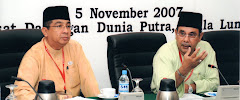


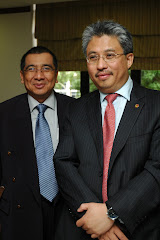
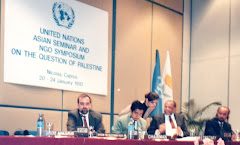
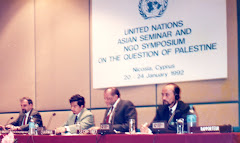
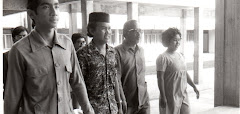
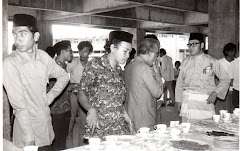
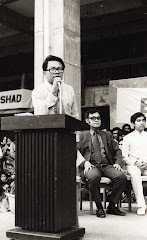


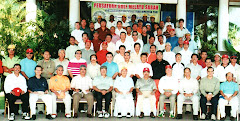





No comments:
Post a Comment